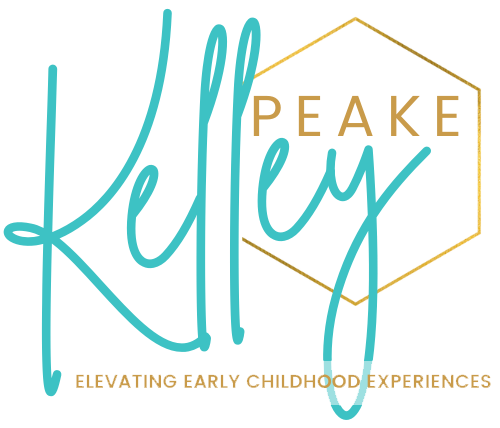4-Week Super Summer Bootcamp - Your Camp Structure
Summer camp is a great opportunity for children to learn new skills and create relationships and memories that will last a lifetime.
This is why, in the last two episodes, I discussed how to plan a super successful summer camp that will enroll.
Today, I dive deeper into the subject, and talk about how to structure your camp.
Whether you've been having summer camps for the last fifteen years or this is your first one, making sure your camp has structure is crucial for success.
Investing time into the structure of your summer camp program will be beneficial to your team and your business.
Balancing structured free time with all the fun of your summer camp activities creates an environment that is enriching and engaging.
By doing so, you will create an environment that allows your campers to have a blast, be creative, and learn.
Ready to learn more?
Let's dive in!
Summer Means Camps!
Summer camp is not only a lot of fun, but it’s also an opportunity for the children to learn new skills, embrace positive values, and discover confidence in their abilities.
After offering summer camp for more than eighteen years now, I have learned a few tips and tricks.
Summer camp is an animal of its own. And if you treat it just like the regular school year, it will be an epic fail. This is why your summer camp should be designed to be engaging, fun and full of adventure.
We as owners and directors of early childhood businesses have the responsibility of planning an exciting summer camp that our students won't forget.
As you begin doing just that, here are three tips to help guide you. These tips offer a variety of ways to focus on creating the structure your summer camp needs.
Plan Your Schedule
The first thing to look at when developing an overall structure for your camp is the schedule. It’s important to identify two to four components — depending on whether you offer full days or half days during your summer camp — that you will include every day of camp. Having those components will allow for more flexibility, and more purposeful free choice time.
Here are the four components:
A 30-minute “About” activity: This is where you’ll get your campers engaged and excited about what's going to be happening during the day.
Snack activities: We all know children love to eat, so we try to make it super fun for them by making their snacks theme-based.
45 to 60-minute activities: These will be specific blocks of time used for a theme based project or activity.
Gross motor activities: These gross motor activities should be planned around your weekly theme as well.
Work on Your Setup
The second key piece when it comes to creating a structure for your summer camp is the setup of your classroom or your camp space.
Taking the time to plan a variety of areas around your classroom and beyond the walls — meaning the playground for example — that engage children in a fun and appealing way will complement the schedule that you've created.
Ask yourself, how can you structure the space around your chosen theme? Be sure to think of the children’s experience as you're designing the main components of your camp space as well.
And, most importantly, don't forget that your students’ social-emotional learning is always a crucial part of their development, so make sure to focus on it as well.
Always Keep Safety in Mind
The third key piece to setting up your summer camp — and probably the most important — is safety!
Taking a moment to plan ahead for your summer camp’s safety needs now will relieve stress, reduce anxiety, and set your summer camp apart as a safe haven for families.
Creating a comprehensive yet flexible plan that can accommodate a variety of health and safety needs will ensure you have fewer issues to worry about.
Safety extends into nearly all aspects of your facility and your summer camp operations. It should be at the forefront of your team's minds at all times, from the layout of the rooms and the placement of the furniture to the materials used in camp activities.
Creating a safe environment for your students will prevent any unnecessary mishaps.
I dive deeper into all of this in the episode above, so if you’d like to learn more, make sure to tune in now!
Resources
Be sure to get on our email list so we can send you more information about our Shine Membership for Early Childhood Business Owners/Managers that is now Open!
We give Early Childhood business owners/managers the operational strategies and tools they need to grow their profitable businesses with more joy, confidence, clarity, and less overwhelming.
You will learn how to spend less time on small details and daily tasks. You can spend more time doing the things you truly enjoy. Focusing on the things that really matter, your top priorities, your key relationships, your most important projects, all the things that will bring you more joy and your business more success.

![[Image: Planning your summer camp's structure]](https://images.squarespace-cdn.com/content/v1/5f76252f568c130c08969ba0/d4c8f552-9c12-4f9b-9bcb-c79806f0b51b/ECB024_Wide.jpg)

